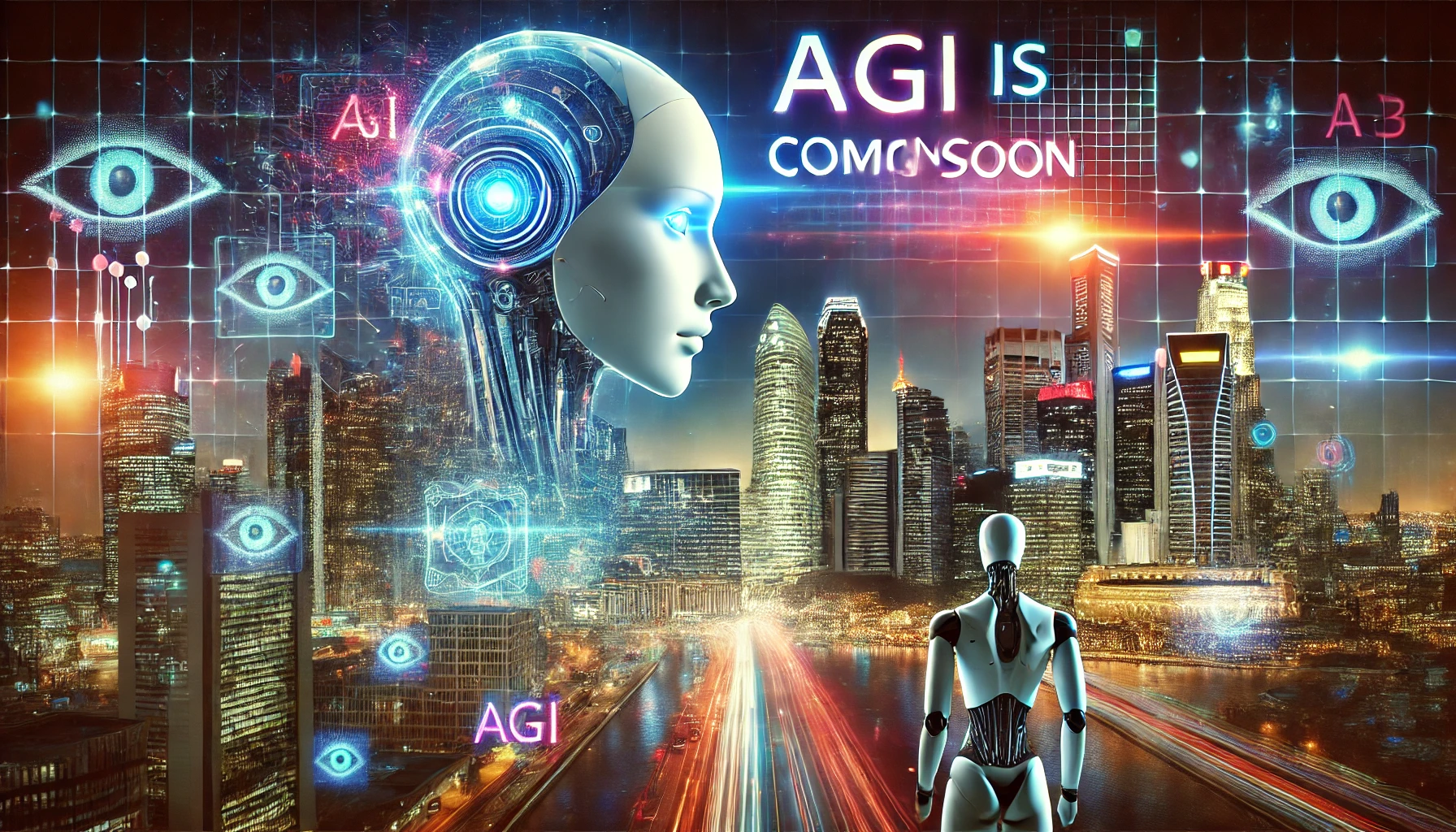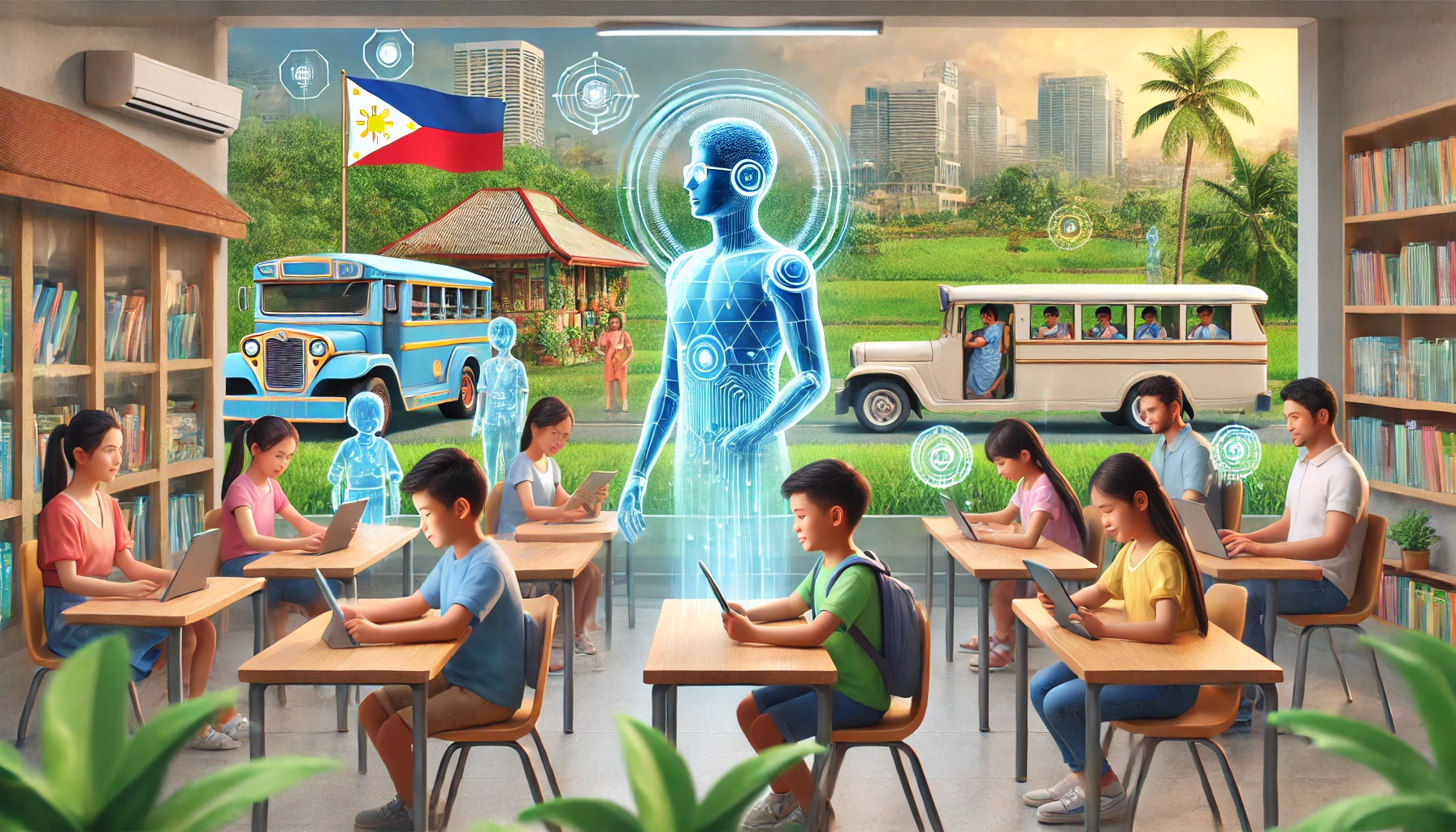Child welfare and protection remain pressing concerns in the Philippines. Poverty, abuse, neglect, and exploitation significantly impact children’s rights and development. As the country seeks innovative solutions, artificial general intelligence (AGI) presents transformative potential in monitoring and advocacy efforts to safeguard the well-being of Filipino children.
The Challenges in Child Welfare
The Philippines faces various challenges in ensuring child welfare:
- Child Abuse and Exploitation: Many children are victims of physical, emotional, and sexual abuse. Online sexual exploitation of children (OSEC) is particularly concerning, with the Philippines identified as a global hotspot.
- Poverty and Neglect: Economic hardships push many families into conditions that neglect children’s basic needs for food, education, and health.
- Insufficient Resources: Social welfare agencies often lack the capacity, funding, and technology to effectively address the scale of child welfare issues.
- Monitoring Gaps: Detecting abuse or exploitation often depends on manual reporting, which is prone to underreporting and delays.
The Role of AGI in Child Welfare and Protection
AGI, with its ability to process complex data, adapt to diverse scenarios, and engage in human-like reasoning, can be a game-changer for child welfare in the Philippines.
1. Enhanced Monitoring Systems
AGI-powered systems can revolutionize how child welfare is monitored by:
- Analyzing Patterns in Digital Communication: AGI can scan vast amounts of online data to detect patterns indicative of OSEC. By identifying suspicious activities in real-time, AGI could alert authorities for swift action.
- Early Detection of Abuse: Using AGI to analyze medical, educational, and social data can reveal red flags, such as signs of neglect or abuse, enabling early interventions.
- Smart Surveillance: AGI-driven facial recognition and behavioral analysis in public spaces can identify children at risk, such as those involved in begging syndicates or trafficked individuals.
2. Streamlined Reporting Mechanisms
AGI can enhance reporting and documentation by:
- Automating Hotline Responses: AGI chatbots can handle child protection hotlines, ensuring immediate and accurate assistance while filtering false reports.
- Simplifying Reporting: AGI tools can guide victims or witnesses through a user-friendly reporting process in multiple local languages, overcoming communication barriers.
- Data Integration: AGI can consolidate reports from various agencies and platforms, creating a unified database for better case tracking and resource allocation.
3. Advocacy and Awareness Campaigns
Advocacy is essential for driving systemic change, and AGI can:
- Create Targeted Campaigns: Using data analysis, AGI can design awareness campaigns that address specific community vulnerabilities and cultural sensitivities.
- Amplify Advocacy Voices: AGI can engage with policymakers, media, and the public to amplify issues and push for stronger legislation.
- Counter Disinformation: AGI systems can combat fake news and misinformation, ensuring accurate representation of child welfare issues.
4. Policy Development and Implementation
AGI can assist in crafting policies that effectively address child welfare challenges by:
- Predictive Modeling: AGI can simulate the outcomes of proposed policies, helping policymakers choose the most impactful interventions.
- Policy Monitoring: Real-time data analytics can measure the effectiveness of child protection laws and programs, providing actionable insights for improvement.
5. Capacity Building for Social Workers
AGI can empower social workers by:
- Training Simulations: Using AGI-driven virtual environments, social workers can practice handling complex cases, improving their skills and preparedness.
- Administrative Support: AGI tools can handle routine administrative tasks, allowing social workers to focus on fieldwork and direct engagement with children and families.
Ethical Considerations
While AGI offers transformative potential, ethical concerns must be addressed:
- Data Privacy: Safeguarding sensitive information about children and families is crucial.
- Bias and Fairness: AGI systems must be designed to avoid biases that could harm vulnerable populations.
- Transparency and Accountability: Policymakers must ensure AGI operations are transparent and aligned with human rights principles.
A Collaborative Path Forward
Harnessing AGI for child welfare requires collaboration among government agencies, non-governmental organizations (NGOs), private tech firms, and international partners. Investment in infrastructure, training, and ethical frameworks is essential to maximize the benefits of AGI while mitigating risks.
Conclusion
AGI represents a powerful tool to revolutionize child welfare and protection in the Philippines. By enhancing monitoring, advocacy, and systemic responses, AGI can ensure that every child in the country is protected, supported, and empowered to reach their full potential. The journey to a safer and brighter future for Filipino children begins with innovative, ethical, and inclusive use of AGI.
[SEO optimized]


